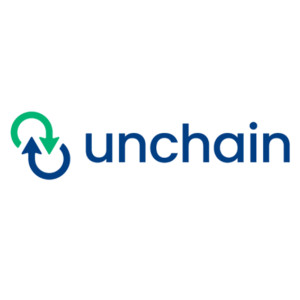 \
&
Contact us
\
&
Contact us
 \
&
Contact us
\
&
Contact us
Published on | 1 year ago
Programmes ERCThe final report and associated repository inventory represent the output of a study conducted between March and October 2022 by a group of independent experts and commissioned by the European Research Council Executive Agency (ERCEA). In this study the experts assess and analyse the readiness of research data and literature repositories to facilitate compliance with the Open Science requirements in the Horizon Europe Model Grant Agreement (HE MGA 2022). This study also takes current repository choice practices of ERC-funded researchers into account. The final report, the inventory of identified trusted repositories and questionnaire used to survey repository managers are publicly available on Zenodo. Conclusions are summarised in this ERC news article.
We offer news and event updates, covering all domains and topics of Horizon Europe, Digital Europe & EDF (and occasionally, for ongoing projects, Horizon 2020).
Stay informed about what matters to you.
By signing up, you can opt in for e-mail notifications and get access to
a personalised dashboard that groups all news updates and event announcements in your domain(s).
Only for stakeholders located in Flanders

The UNCHAIN project, ‘urban logistics and planning: anticipating urban freight generation and demand including digitalisation of urban freight’ obtained funding from the Horizon Europe’s Mobility Cluster. The project focuses on breaking down data silos and promoting public-private data exchange across a unified European mobility data space, enabling more informed decisions and greater efficiency. The City of Mechelen is a partner in the project and takes on the role of ‘follower city’: it will work alongside the primary demonstration sites (in Madrid, Berlin and Florence) to maximize the geographical coverage and replicability of solutions across Europe. Mechelen aims to test 2 concrete solutions in the UNCHAIN project, with the aim to help addressing its current and future challenges in urban freight distribution.